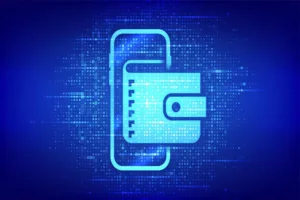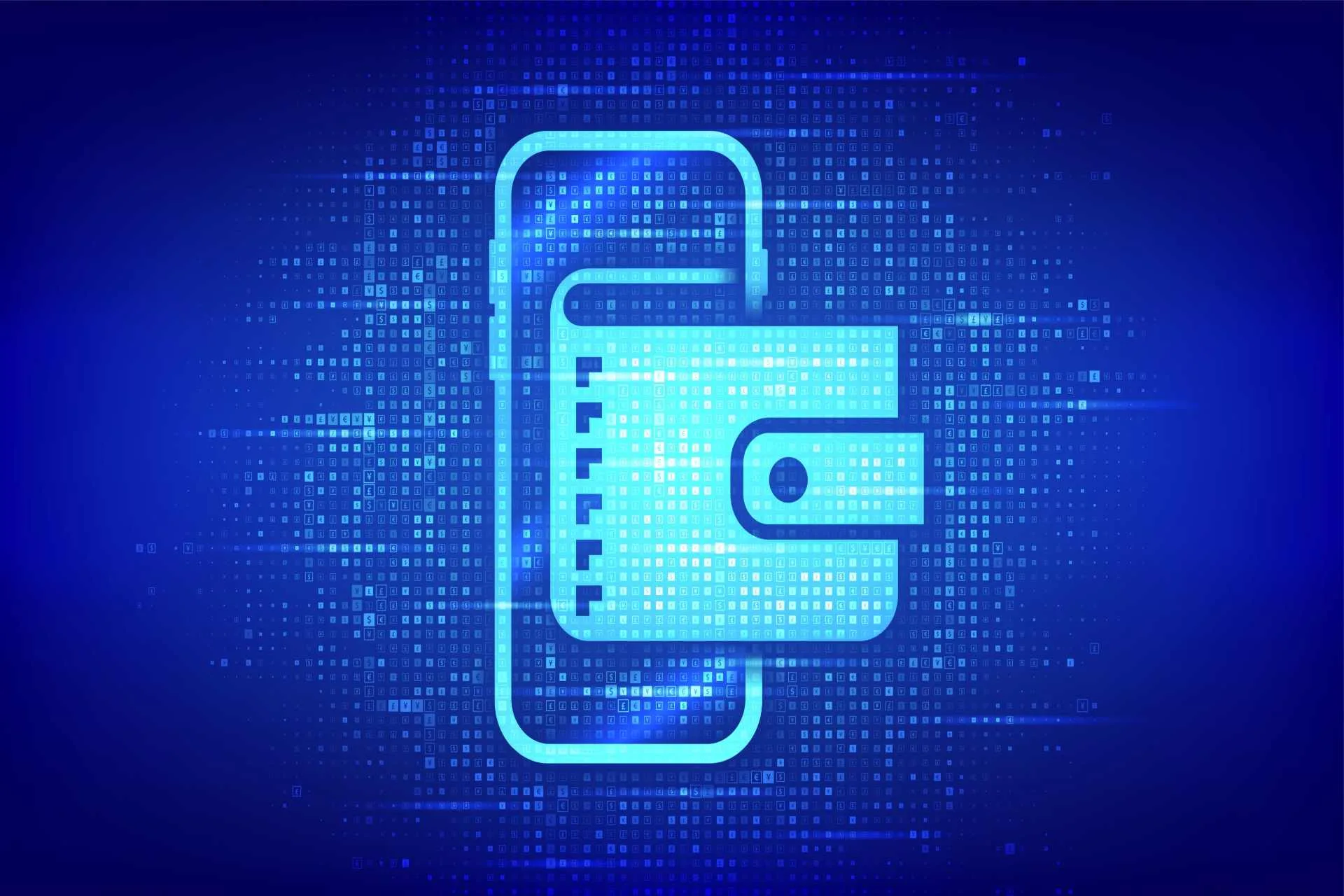Differences between ethical hacker and black hat
Also known as a white hats, ethical hackers are the antagonists of the so-called black hats, that is, a malicious hackers. In fact, Ethical hackers make their skills available to companies that want to defend themselves from hostile actions aimed at damaging the confidentiality, integrity and availability of data stored or processed by computer systems.
More specifically, an Ethical hacker is a cybersecurity expert capable of simulating cyber attacks on networks, IT infrastructures, websites or apps to identify and resolve vulnerabilities and to improve security. The name “ethical” derives from the fact that the hack is commissioned by the subject who suffers it.
In fact, ethical hacking is the practice of carrying out risk assessments for cyber security using the same strategies that hackers use, but with the authorization of the “victim” organization. The goal is to identify the potential weaknesses of an application, an IT system or infrastructure to strengthen protection, increase data security, decrease IT risks, better counteract possible breaches and reduce potential reputational damage.
In other words, the company allows Ethical hackers – which can be freelancers, employees of a cyber security agency, or internal employees – to carry out useful activities to test the system’s defenses (penetration test) in order to develop solutions. to prevent data breaches. Therefore, unlike cracking – unauthorized access to a computer system through various techniques such as phishing – ethical hacking is a planned, approved and, above all, legal process.
The simulated cyber attack is agreed with the company on the basis of specific needs and can take place both from the internal network and from the external network. The first thing an Ethical hacker does is collect information, for example: databases, servers, IP addresses, security protocols, identities of the maintenance and control personnel. after that, she runs the simulation.
At the end of the activity, the Ethical hacker prepares a detailed report describing the actions performed, any vulnerabilities in the organization’s networks and systems, what is missing in terms of IT security and the solutions to improve cyber security.
In summary, the tasks of an Ethical hacker are:
- Carrying out penetration tests on IT infrastructures and web applications;
- Conducting and simulating cyber attacks;
- Verifying the security of IT systems to counter threats;
- Detecting and analyzing vulnerabilities;
- Drawing up a security report to document the activities carried out;
- Monitoring any system anomalies and recognizing unauthorized access attempts.
Ethical hacker training and main skills
An Ethical hacker must have a wide range of computer skills and the same knowledge as a hacker. There is no official training path to become a professional Ethical hacker, however a good starting point can be a degree in computer science or computer engineering. Of course, direct experience is essential.
In general, all Ethical hackers should have:
- Competence in scripting languages;
- Expertise in operating systems;
- An in-depth knowledge of networks;
- A solid foundation of cyber security principles.
Furthermore, they must know how to use penetration testing techniques (DoS attacks, Social engineering, etc.) and reverse engineering tools. They must also know the tools and frameworks for simulating cyber attacks (for example: W3af, Nessus, Nexpose, Metasploit, Burp Suite) and have legal notions on privacy and data processing. In addition, Ethical hackers must have problem solving and team working skills. Finally, they must be reliable, discreet, flexible and have an ethical sense.
Ethical hackers must have cyber security certifications that certify their skills. Among the best known and internationally recognized are:
- EC Council – Ethical Hacking Certification;
- OSCP certification (Offensive Security Certified Professional);
- CompTIA Security +;
- Cisco’s CCNA Security;
- SANS GIAC Certification.
Ethical hacker salary: how much does a White hat make?
An Ethical hacker, based on experience and context, can have a gross annual salary of € 80,000. Typically, a junior Ethical hacker (less than 3 years of experience) has an overall average salary of about € 60,000 gross per year, while a senior Ethical hacker (around 10-20 years of experience) earns an average of more than € 100,000.








